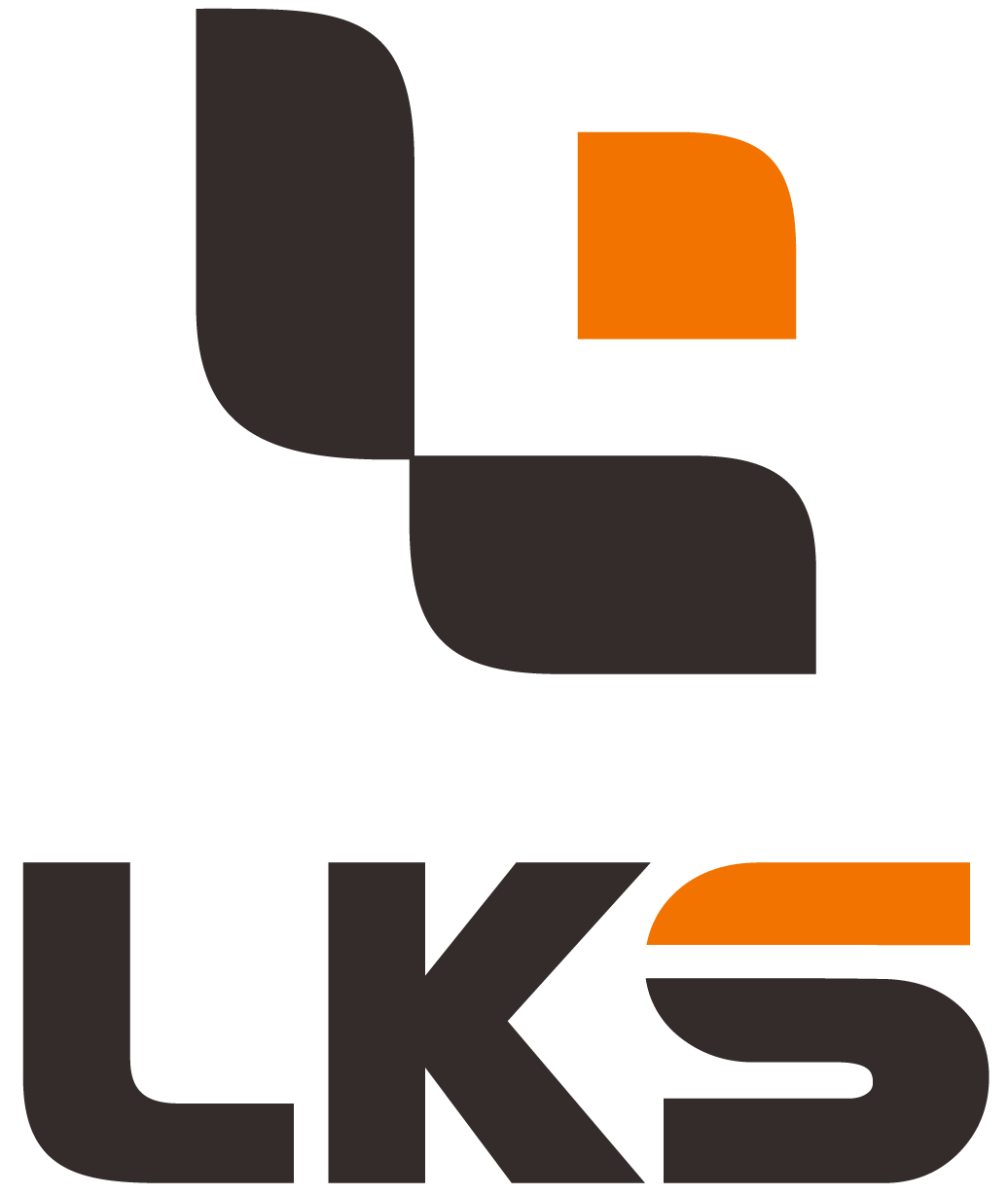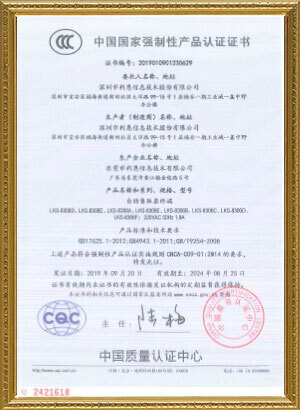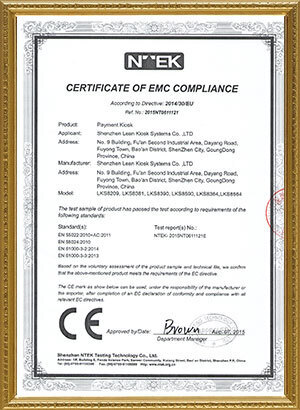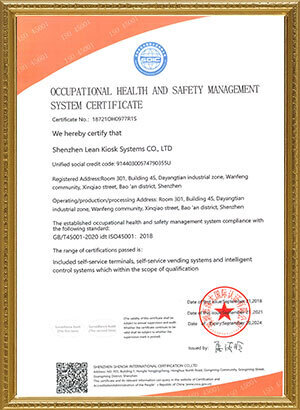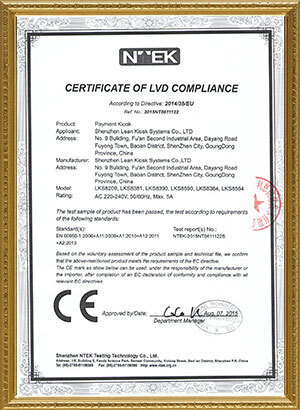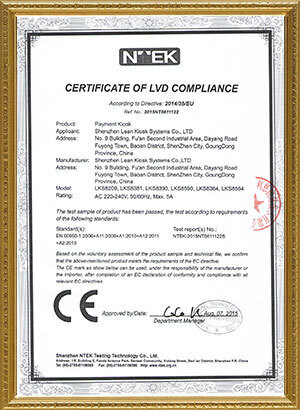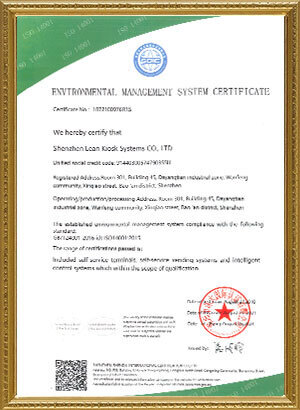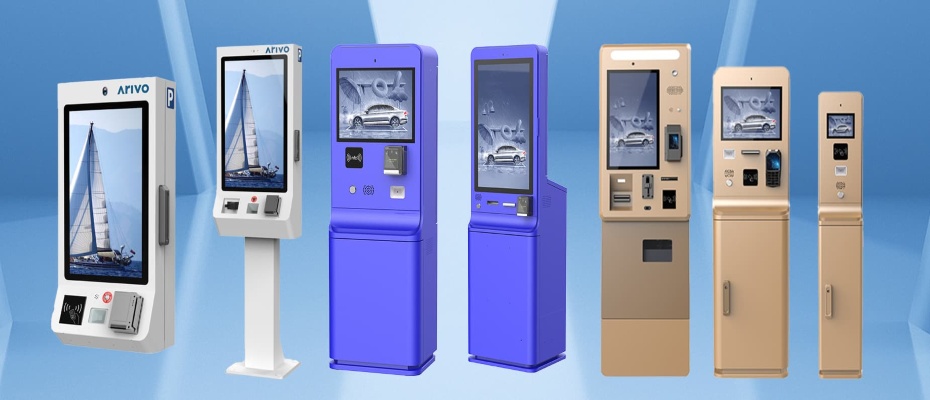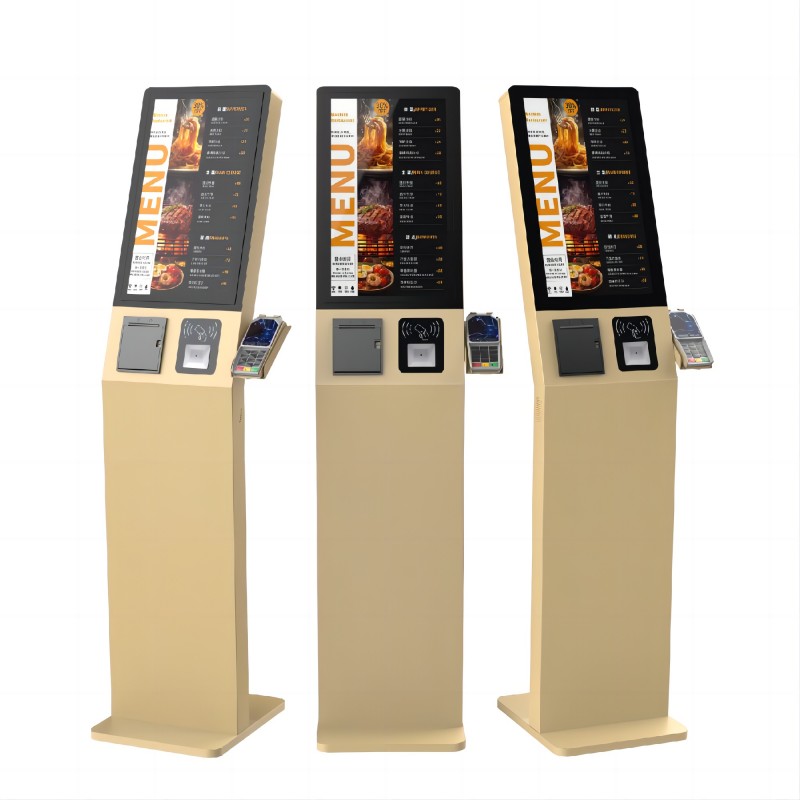
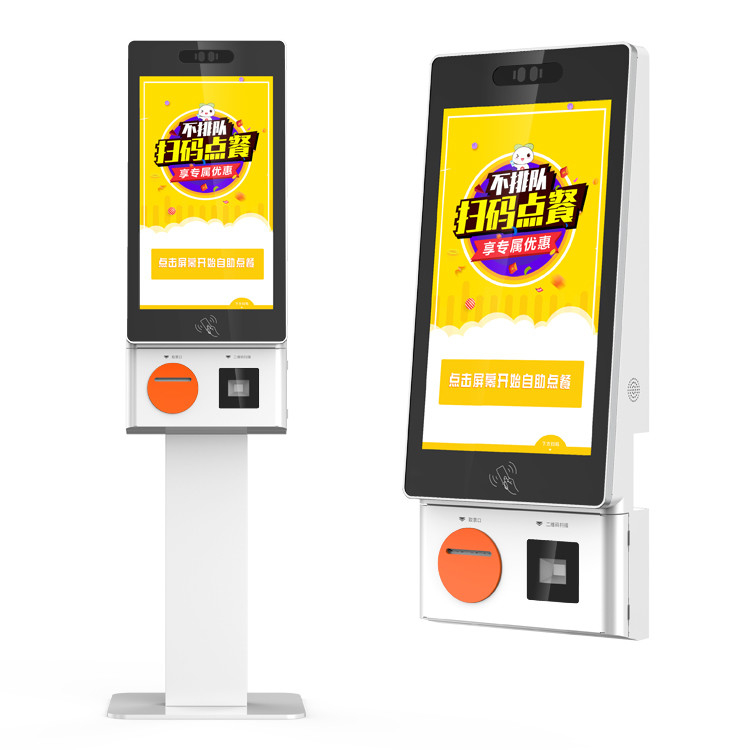
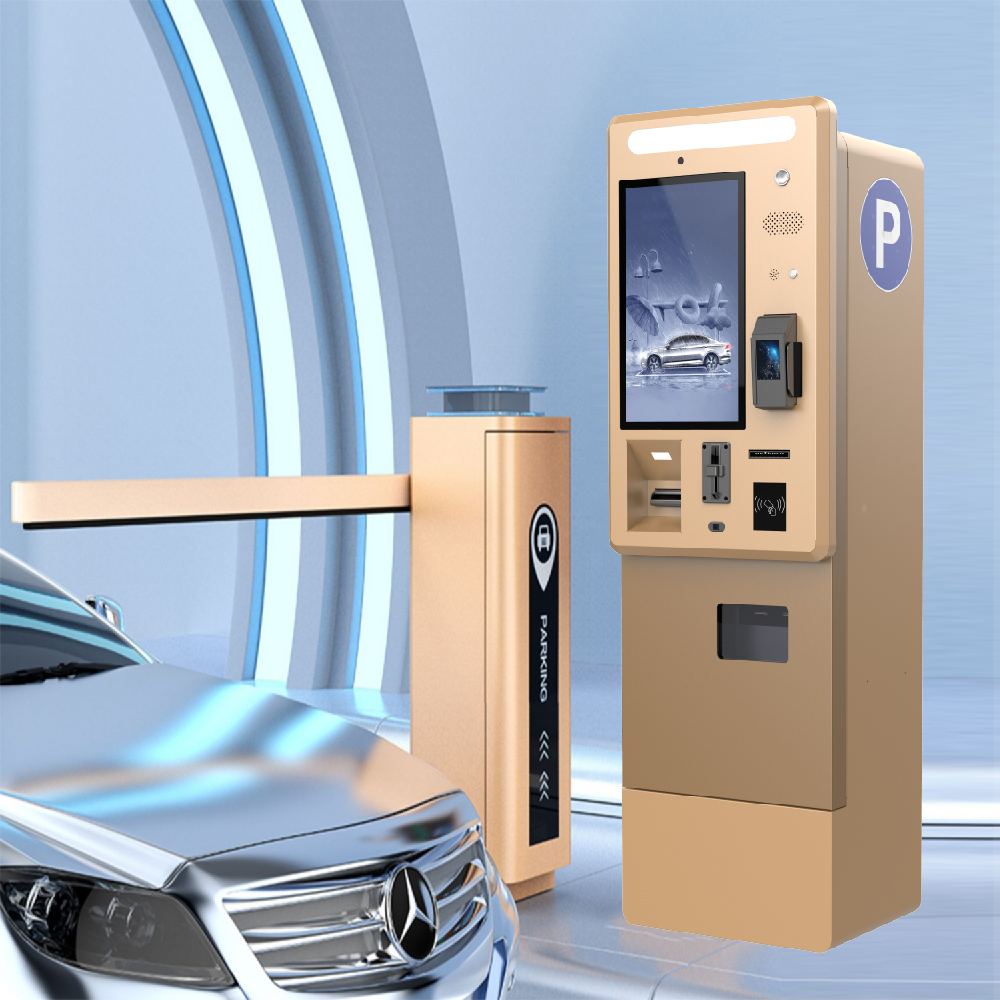
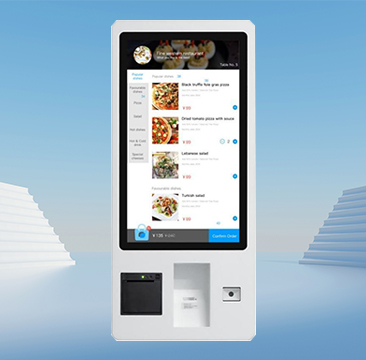
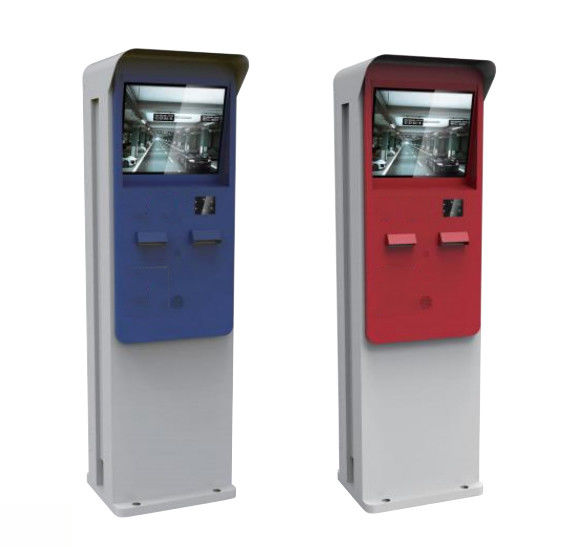
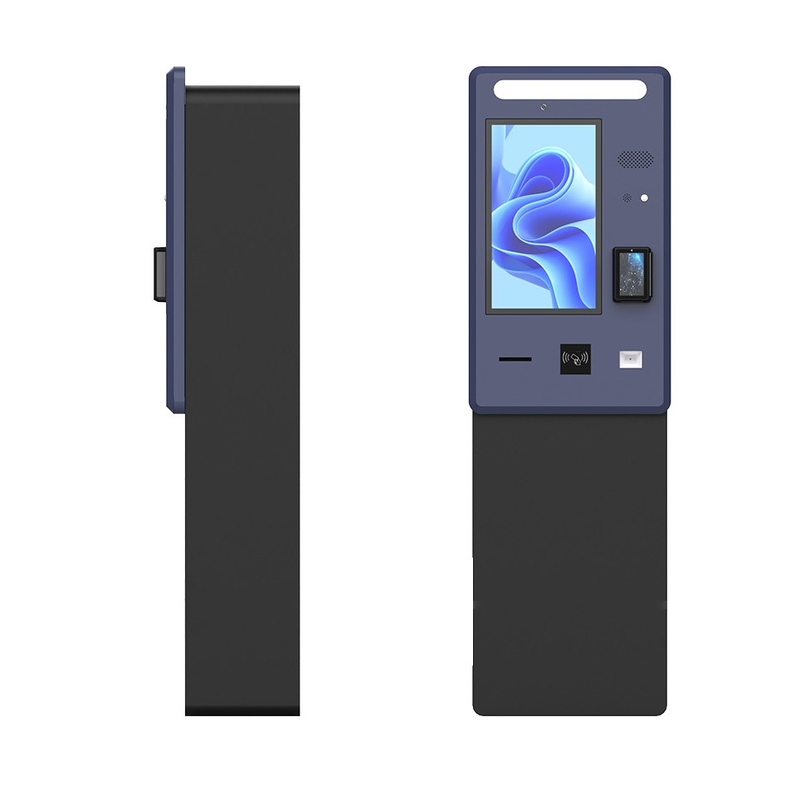
imax City outdoor kiosk Toll Payment Machine Project-Parking Lot Industry Cases
Project Background
As a large-scale integrated shopping center, one of the major challenges faced by iMax city is how to manage the traffic flow in the parking lot during peak hours and provide a smoother and faster customer experience. Common pain points include long queues at payment windows, limited payment methods, and cumbersome payment processes. Addressing these issues is critical to improving customer satisfaction and mall efficiency.
Project Objective
The goal of the project was to introduce self-service payment terminals to simplify the parking payment process, reduce customer waiting time, and improve efficiency and service quality for the mall. This objective needs to fulfill the following requirements:
1.Provide users with convenient and fast parking payment services;
2.Realize payment without queuing for users on all floors in the mall;
3.Improving overall customer flow and mall operational efficiency.
Technical Challenges
Multi-functional integration: to design a self-service terminal with multiple functions such as payment, inquiry, and display of advertisements.
Cost-benefit balance: Develop a system that is both economical and efficient, controlling costs without sacrificing functionality and quality.
User Interface Friendliness: Provide a simple and intuitive user interface to ensure that customers of all ages and technical proficiency can get started quickly.
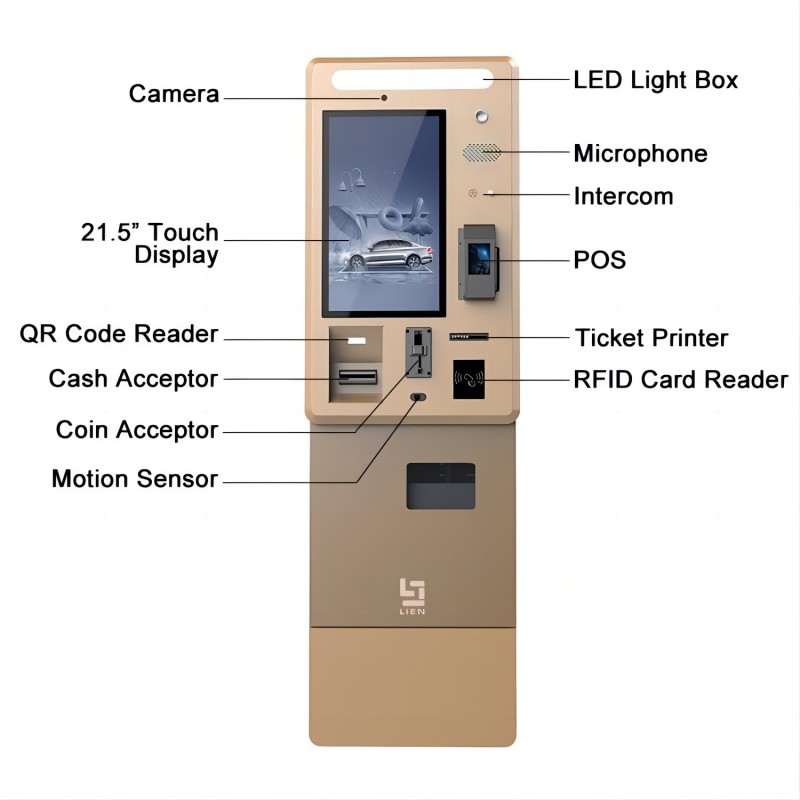
The Solution
Dual-screen interaction design: The self-service bill payment terminal adopts one screen for users to perform bill payment operations, while the other screen plays advertisements of the shopping mall, attracting customers and increasing the mall's advertisement revenue at the same time.
Android operating system application: Android system is chosen as the operating platform of the device, which not only ensures the stability of the system and wide application support, but also makes the operating interface user-friendly and easy to maintain and update.
Multi-payment integration: The integration of a code scanner that supports WeChat, Alipay and other mainstream electronic payment methods provides diverse payment options to meet the needs of different users.
Results and Benefits
Enhanced customer experience: The introduction of self-service payment terminals greatly improves the customer's payment experience, allowing users to complete payment quickly and reduce the time spent in the parking lot.
Increase in mall operational efficiency: The self-service payment terminal reduces the handling of payment by the front desk staff, which enables the mall to allocate human resources more efficiently and improve the efficiency of the staff.
Increased revenue for shopping malls: Self-service terminals not only shorten the waiting time of customers, but also increase additional revenue through the additional advertisement playback screen, which enhances the profitability of shopping malls.
Increased market competitiveness: The novel self-service terminal, as a highlight of the shopping mall, enhances the scientific and technological image of the mall, attracts more customers, and enhances the market competitiveness of the mall.
To summarize, the self-service payment terminal not only solves the problems faced by customers in parking payment, but also brings many benefits to the management of shopping malls, showing the potential of the application of high technology in the traditional commercial field. With the progress of science and technology, this self-service mode is expected to be promoted and applied in more shopping centers and commercial occasions.
Address: No. 99-15, Fuan intelligent manufacturing Industrial Park, Dayang Road, Fuhai Street, Baoan District, Shenzhen, China
- Tel:+852 59566712
- Email: frank@lien.cn
- Worktime:8:00-02:00
- Contact Person:Frank
- Mobile Site
